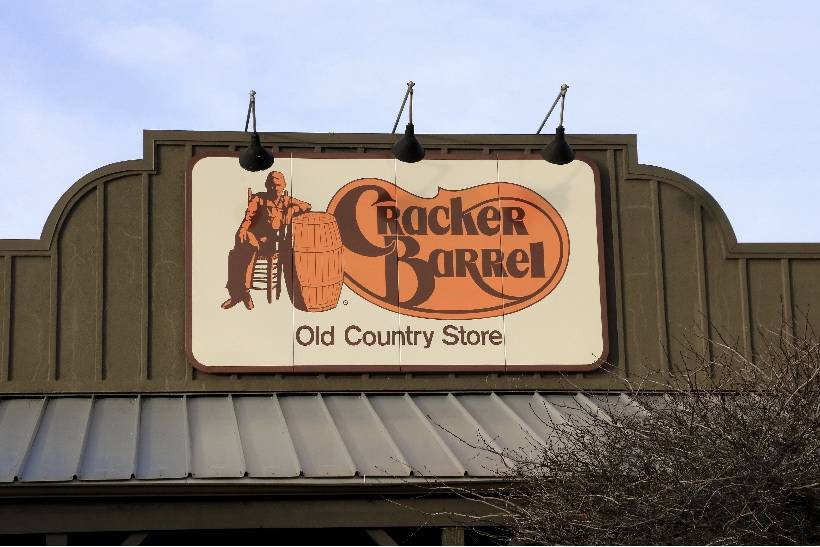Leaders across VUMC continue to monitor important metrics around COVID-19, including rates of transmission and severe infection, which have been steadily dropping. Most of the local counties served by VUMC are no longer in the “high” category for severe infections, as determined by the Centers for Disease Control and Prevention.
Additionally, new bivalent COVID-19 booster vaccines are now available. These updated booster vaccines contain two mRNA components that will help generate an immune response to both the original strain of SARS-CoV-2, the COVID-19 virus, as well as the omicron variants of SARS-CoV-2 (including BA.4 and BA.5) that are more common today.
In response to these factors, VUMC has updated its masking guidance to follow what is recommended by the CDC. Masks will no longer be required in indoor, non-clinical areas for vaccinated individuals. In these areas, there is a smaller risk of exposure to people who might develop severe illness or complications from COVID-19. Masks are still required in clinical areas, which are defined as anywhere a patient and family member would be regularly found. Non-vaccinated individuals should continue to mask in non-clinical areas. Vaccinated persons may choose to wear a mask in non-clinical areas.
Also in line with CDC recommendations, masking will continue to be required in all clinical areas and on shuttles, as there is a higher risk of exposure to COVID-19 for those people who are more likely to develop severe illness or complications from an infection. These masking requirements apply to all employees, patients, trainees, and visitors.
Masks are not required outdoors, and we encourage using outdoor spaces to eat and drink. There is no restriction on size of indoor or outdoor gatherings.
Regardless of their environment and masking requirements, all employees, patients, and visitors should continue to monitor for symptoms of COVID-19 (or any other potentially infectious illness). If symptoms develop, they should follow VUMC guidelines for testing, staying home from work, and reporting infections to Occupational Health.
All employees, patients, and visitors should, if eligible, get the bivalent booster vaccine for COVID-19.
